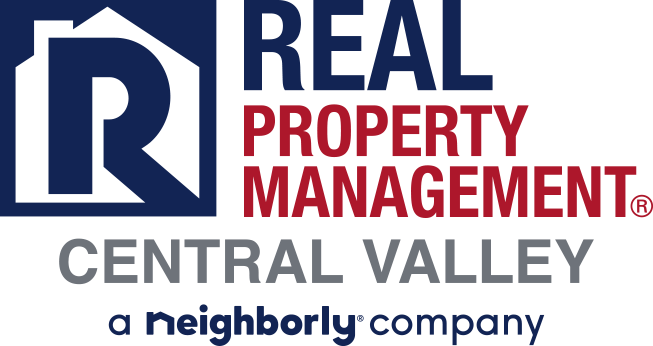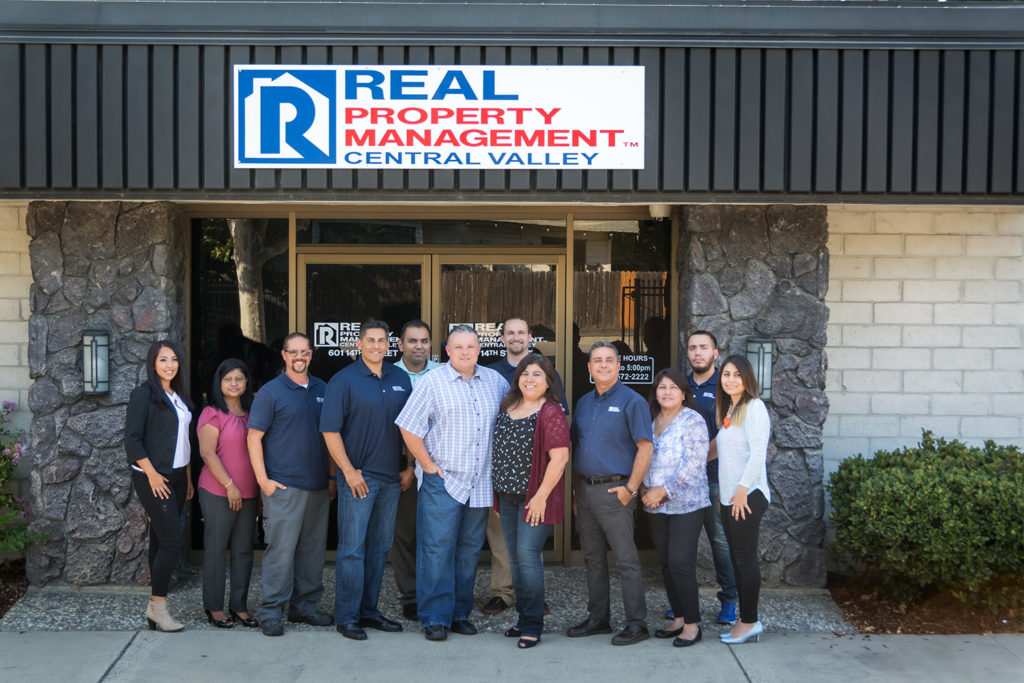Single Family Housing Production Expected To Continue In 2018

2017 was a big year for housing production across the United States and thankfully that production is only expected to continue into 2018 thanks to a strong economy.
Should you buy more houses in 2018 to add to you portfolio of rental properties? This article will provide you with tips and information on what you can expect from the rental market this year.
About The 2018 Housing Market
Bolstered by newly enacted tax laws, single family housing production should maintain its gradual upward trend in 2018, according to National Association of Home Builders economists.
More jobs and economic growth are expected to grow production 2.7 percent to 1.25 million total housing starts. Single family starts are expected to rise 5 percent in 2018 to 893,000 units and increase an additional 5 percent to 940,000 next year. Growth will offset a projected dip in multifamily starts.
“We expect that tax reform will boost GDP growth to 2.6 percent in 2018, and this added economic activity will also bode well for housing, although there will be some transition effects in high-tax jurisdictions,” NAHB Chief Economist Robert Dietz said at January’s International Builders’ Show in Orlando. “Ongoing job creation, expected wage increases and tight existing home inventory will also boost the housing market in the year ahead.”
Supply-side issues, increased costs will continue to challenge builders
Ongoing supply-side issues will continue to challenge builders, however. Unfilled construction jobs, a shortage of buildable lots and slow growth in acquisition, development and construction loan activity hasn’t kept pace with demand and isn’t likely to catch up.
Also, increased costs resulting from changing building codes, land use, environmental and other rules will continue to impact affordability, according to economists. Increased softwood lumber costs and friction between U.S. and Canadian traders is expected to be impactful again.
On the finance side, NAHB expects 30-year fixed-rate mortgages to average 4.31 percent in 2018 and 4.82 percent in 2019. Other economists speaking on the health of the single family home industry at the show expect rates to average 4.5 percent this year.
Based on a production benchmark of 1.3 million units, set from 2000-03, single family starts are expected to gradually rise from 63 percent of what is considered a typical market in the third quarter of 2017 to 73 percent of normal by the fourth quarter of 2019.
Meanwhile the home remodeling market is getting boost, partly because of strong demand following damage from hurricanes and wildfires in 2017. Residential remodeling activity is expected to register a 7 percent gain in 2018 over last year.
Local housing markets are healthy and should weather higher interest rates
David Berson, senior vice president and chief economist at Nationwide Insurance, said the vast majority of local housing markets are healthy and faring well. He lists 324 markets as positive, 69 as neutral and only seven as negative but is concerned about rapid price increases, despite favorable job gains, household formations and mortgage markets.
While he anticipates a slightly more rapid rise in mortgage interest rates this year, Berson said it should not hurt housing activity.
“Mortgage rates are expected to rise from 4 percent to 4.5 percent by the end of year,” he said. “However, housing demand remains strong and wages are solid, and this will more than offset the negative effects from rising rates.”
South and West expected to be industry growth leaders
Fueled by good job growth, favorable affordability and good weather, the South and West are expected to lead industry growth. Houston, Dallas, San Antonio, Austin, Phoenix, Atlanta and Charlotte are the top seven major markets for new home sales.
Overall mortgage delinquency and foreclosure rates are at their lowest levels in more than a decade, but that is a different story for markets pummeled by last year’s devastating hurricanes.
Get Property Management Here
For professional property management in the Central Valley contact RPM today by calling us at (209) 572-2222 or click here to connect with us online.

